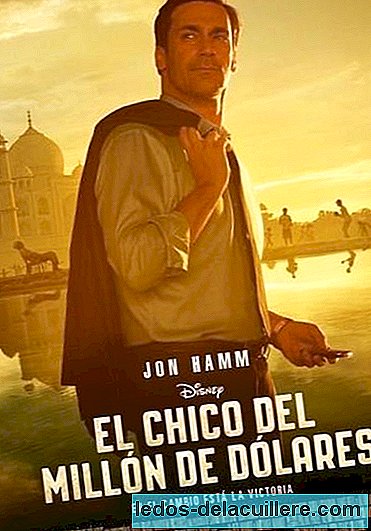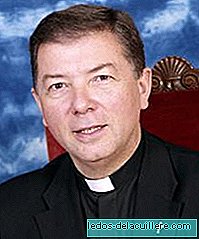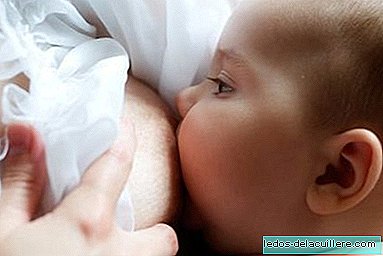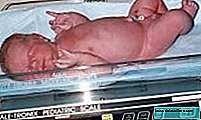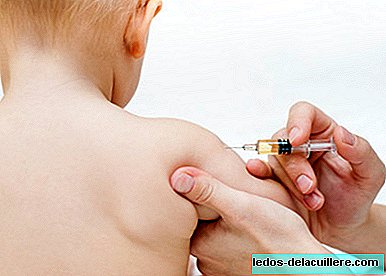One of the issues that generates more controversy when the words “child” and “pharmaceutical company” come together in the same debate is that of the vaccines. In Spain there is a recommended calendar that is optional (vaccines are not mandatory) that the majority of the population follows, but there are parents who prefer not to vaccinate their children because they have heard or read various arguments against which they seem to weigh more than the arguments in favor.
Almost five years ago, when I had my first child and began to investigate on this subject I came to the conclusion that the decision was more a matter of faith than anything else, since for both positions there were data and studies (without entering value their quality) contrary and what one showed another refuted.
Then I met Carlos Gonzalez both through his books and in person and I realized that every time he makes a statement he is able to support it with well-conducted scientific studies (Since he dismisses those who, because they are poorly designed, can give unreliable results). So I wanted to know what he thought about vaccines and his opinion came to support what I already thought about them: children should be vaccinated, for their own good and for the good of their community.
If most are vaccinated there is not much danger
In the video that I bring you today, speaking in Catalan, although subtitled in Spanish, Carlos González explains what we have already commented on other occasions. Vaccines are useful and necessary, although you can live without vaccines if there are few families who decide not to vaccinate their children. The reason is very simple: if all children are vaccinated, they cannot infect an unvaccinated child, since they cannot act as a vehicle for a disease.
If non-vaccination is extended, the risk of epidemic increases
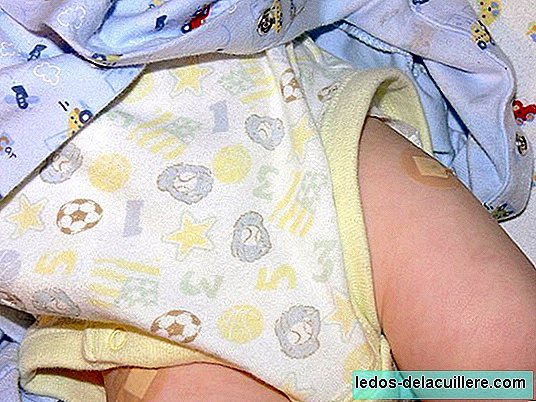
Now, if there are many children who are not vaccinated, a disease can spread from one to another and cause an epidemic.
The well-known pediatrician says in the video that this has already happened in other countries and is something to take into account. In Spain it is now when more families are deciding not to vaccinate their children and although there has been an outbreak of diseases that were already controlled, which we will now explain, it is not comparable with those in other countries, such as the Nordics, where many years ago that some parents had the information (or the "misinformation") that we read now believing that it is novel and revealing.
In May of the year 2000 appeared in Holland a measles outbreak that affected 3,292 people, of which 72 became hospitalized, resulting in three deaths related to the disease. This outbreak only came to confirm what a year ago, in 99, they had seen, thatMeasles can emerge as an epidemic and affect many of the unvaccinated people. That year, in an orthodox school in which only 7% of children were vaccinated with measles, 37% of the unvaccinated suffered from the disease, while none of the vaccinated children developed it.
In Catalonia, without going any further, and although most babies received a measles vaccine at 15 months (the so-called triple-viral, which is accompanied by the rubella and mumps virus), it appeared in the 2006 a measles outbreak with about 400 confirmed cases.
The majority of cases occurred in babies between 9 and 15 months of age and the outbreak was controlled by preventing the affected children from infecting others and vaccinating all babies older than 9 months who had not yet had the vaccine. From that date, once the outbreak was controlled, the triple viral vaccine is administered at 12 months.
This year 2010, also in Catalonia, measles cases have reappeared, nine since the end of November, to be more exact.
The 9 cases declared are the following:
- A 14-year-old boy of gypsy ethnicity not vaccinated with a compatible clinic, who went to France and who was visited here in two hospitals in Spain.
- A 9-month-old child not vaccinated by age, who went to several primary and hospital care centers during the transmission period that required pneumonia admission.
- Two boys and a 7-year-old girl, students of the same school, not vaccinated by parents' will.
- A 35-year-old pregnant woman not vaccinated.
- Two brothers of gypsy ethnicity of 17 months and 6 years not vaccinated, being the first of them diagnosed in France.
Measures have already been taken to prevent an outbreak from occurring, avoiding the contact of nearby people and vaccinating those who are not yet (and came into contact with the affected people).
Measles, still, is just an example ... I remember (and I always put this example), that A few years ago a nurse died from tetanus in my city. The news was shocking for two reasons, one that was health personnel and two, that tetanus is a disease whose vaccine exists a long time ago.
Concluding
Carlos González already sums it up perfectly in the video: vaccines are necessary and the risk of not vaccinating is much greater than the risk of vaccinating.
Personally, I would not forgive myself for any of my children catching any important illnesses that they could have avoided while being vaccinated and less would forgive me for serving as a vehicle of illness and infecting those babies who because of their age were not yet vaccinated.
Video | Creatures
Photo | Jessicafm on Flickr
In Babies and more | Frequently asked questions about vaccines, Adverse effects of vaccines, Six misconceptions about vaccines


